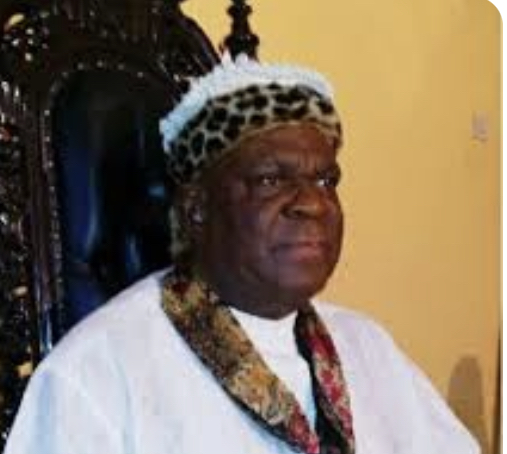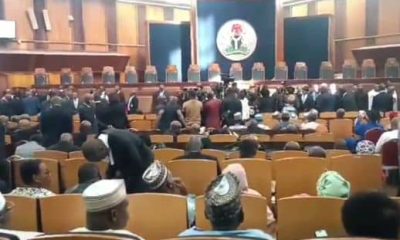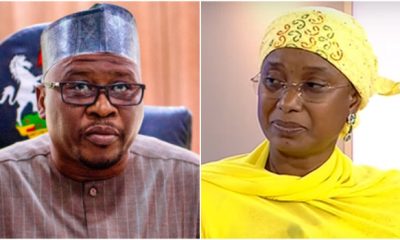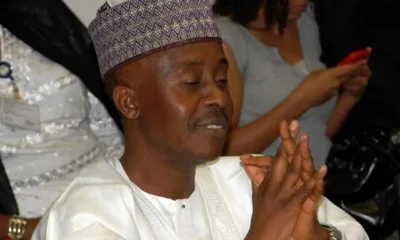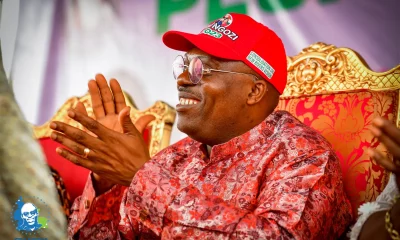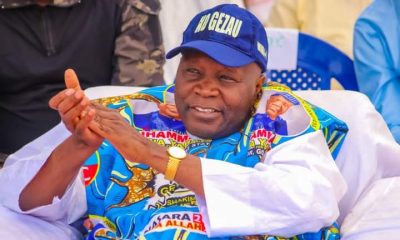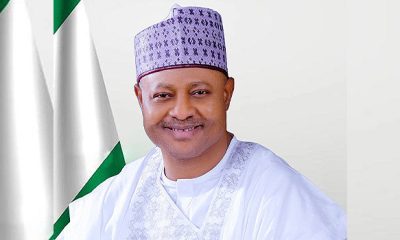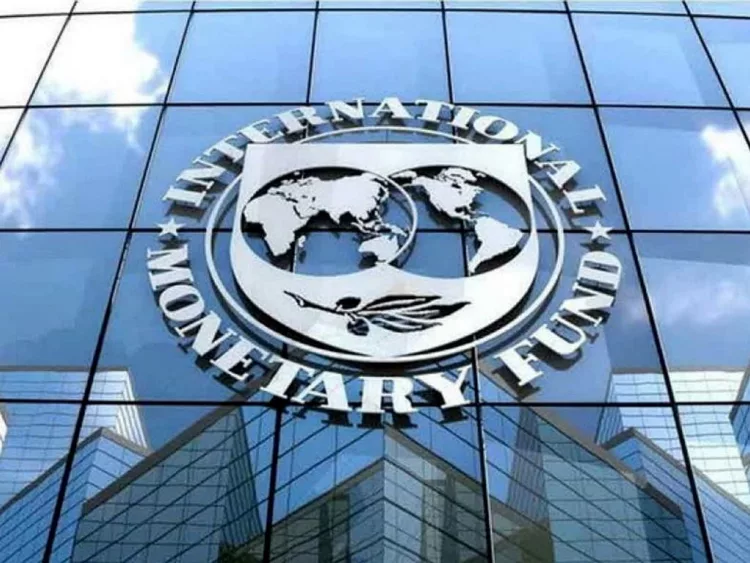The International Monetary Fund (IMF) has advised the federal government to remove petrol and electricity subsidies once the social protection scheme has been enhanced and inflation subsides.
IMF disclosed this in a report titled “Nigeria: 2024 Article IV Consultation”.
The suggestion followed a surge in Nigeria’s inflation rate, which rose to 33.20 percent in March 2024 — up from 31.70 percent in February.
IMF said about 15 million households or 60 million Nigerians will potentially benefit from an enhanced social intervention scheme the federal government developed with World Bank support.
“The authorities have recently approved an enhanced social transfer mechanism developed with World Bank support, and some initial payments have been made,” IMF said.
“In response to governance concerns, the authorities automated and digitalized the system to build a robust mechanism that delivers swift and targeted support to vulnerable households—some 15 million households or 60 million Nigerians potentially benefit from the scheme.
“Once the safety net has been scaled up and inflation subsides, the government should tackle implicit fuel and electricity subsidies.”
According to the IMF, the subsidies are costly and poorly targeted, with higher-income groups benefiting more than the vulnerable.
IMF also said with pump prices and tariffs below cost-recovery, subsidy costs could increase to three percent of gross domestic product (GDP) in 2024, compared to one percent of GDP in 2023.
SUBSIDIES TO DRIVE BUDGET DEFICIT UP
IMF said its staff projected a higher fiscal deficit than anticipated in the 2024 budget, adding that “higher implicit” fuel and electricity subsidies would drive the increase.
The federal government had projected N9 trillion budget deficit for this year.
Aside from the subsidies, IMF said other drivers are lower oil and gas revenue projections, continued suspension of excise measures included in the medium-term expenditure framework (MTEF), and higher interest costs.
“Staff factors in an under-execution of capital expenditure in line with past outcomes and estimates an FGN deficit of 4.5 percent of GDP relative to the 2024 budget target of 3.4 percent of GDP,” IMF said.
“For the consolidated government, this implies a projected deficit of 4.7 percent of GDP in 2024 —compared to 4.8 percent of GDP in 2023 measured from the financing side — which is appropriate given the large social needs and factoring in a realistic pace of revenue mobilization.
“Over the medium-term, staff projects consolidation in the non-oil primary deficit. With rising interest costs, government debt stabilizes towards the end of the projection period.”
On April 3, the Nigerian Electricity Regulatory Commission (NERC) approved an increase in electricity tariff for customers under the Band A category to N225 per kilowatt-hour (kwh), from N66 — to reduce electricity subsidy.
However, on May 6, electricity distribution companies (DisCos) said the tariff of Band A customers has been reduced to N206.80 per kwh.
On May 29, President Bola Tinubu announced petrol subsidy was gone, however, on August 15, 2023, TheCable reported the president was considering a “temporary subsidy” on petrol.
On April 15, Nasir el-Rufai, former governor of Kaduna state, said the federal government is spending more on petrol subsidy than before.
Also, Gabriel Ogbechie, chief executive officer (CEO) of Rainoil Limited, on April 17, said the federal government now spends N600 billion on petrol subsidy monthly.

 News3 years ago
News3 years ago
 Entertainment2 years ago
Entertainment2 years ago
 News3 years ago
News3 years ago
 Privacy3 years ago
Privacy3 years ago
 Sports2 years ago
Sports2 years ago
 Entertainment2 years ago
Entertainment2 years ago
 Opinion3 years ago
Opinion3 years ago
 News3 years ago
News3 years ago
